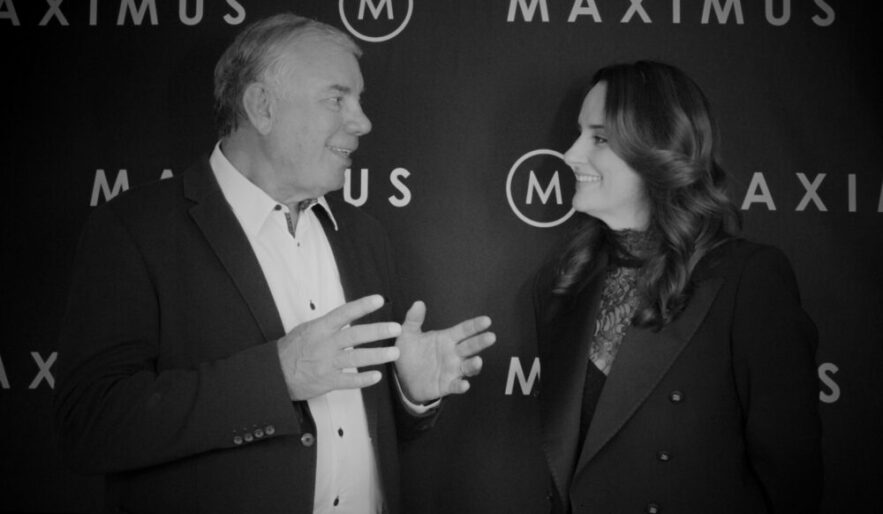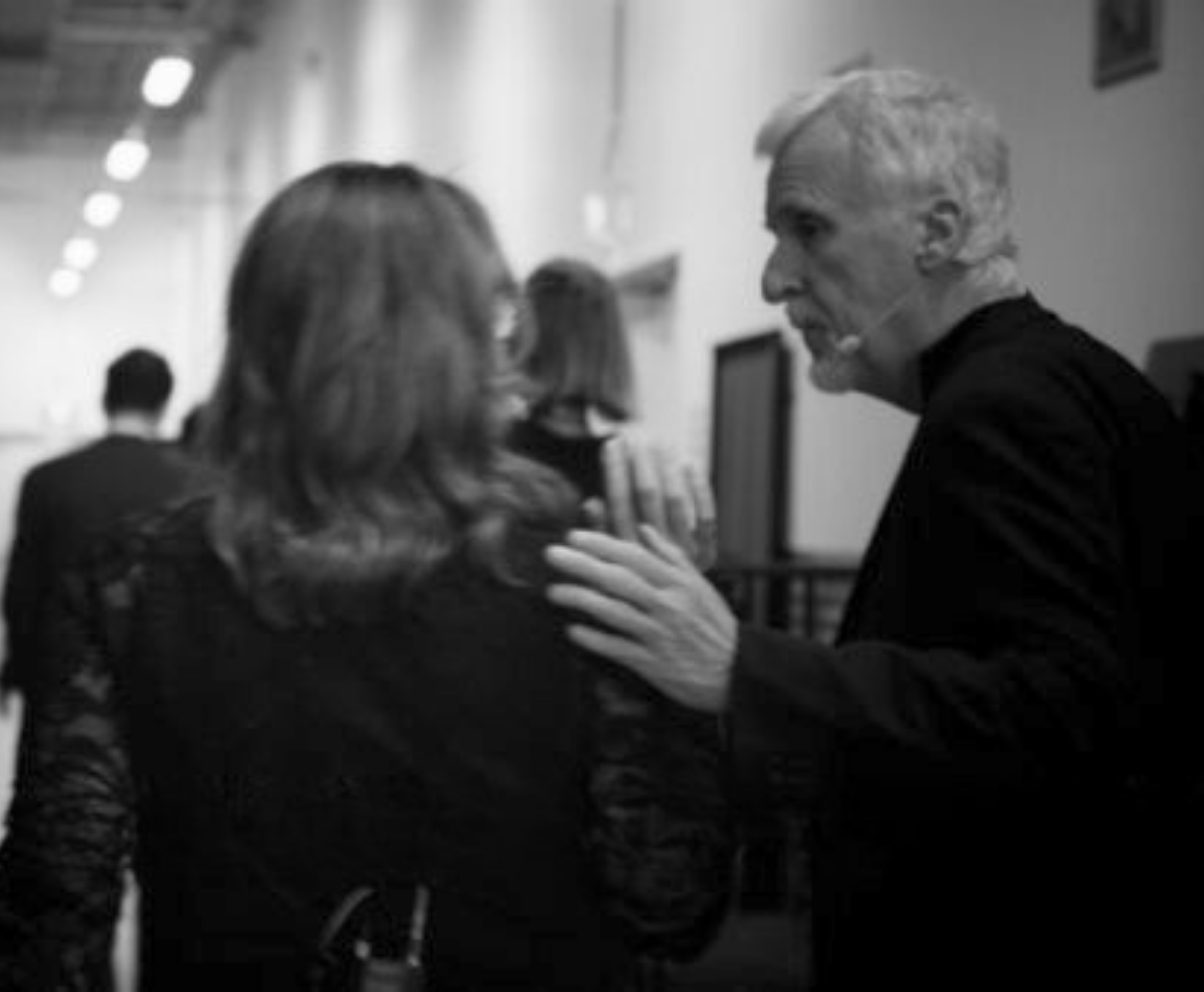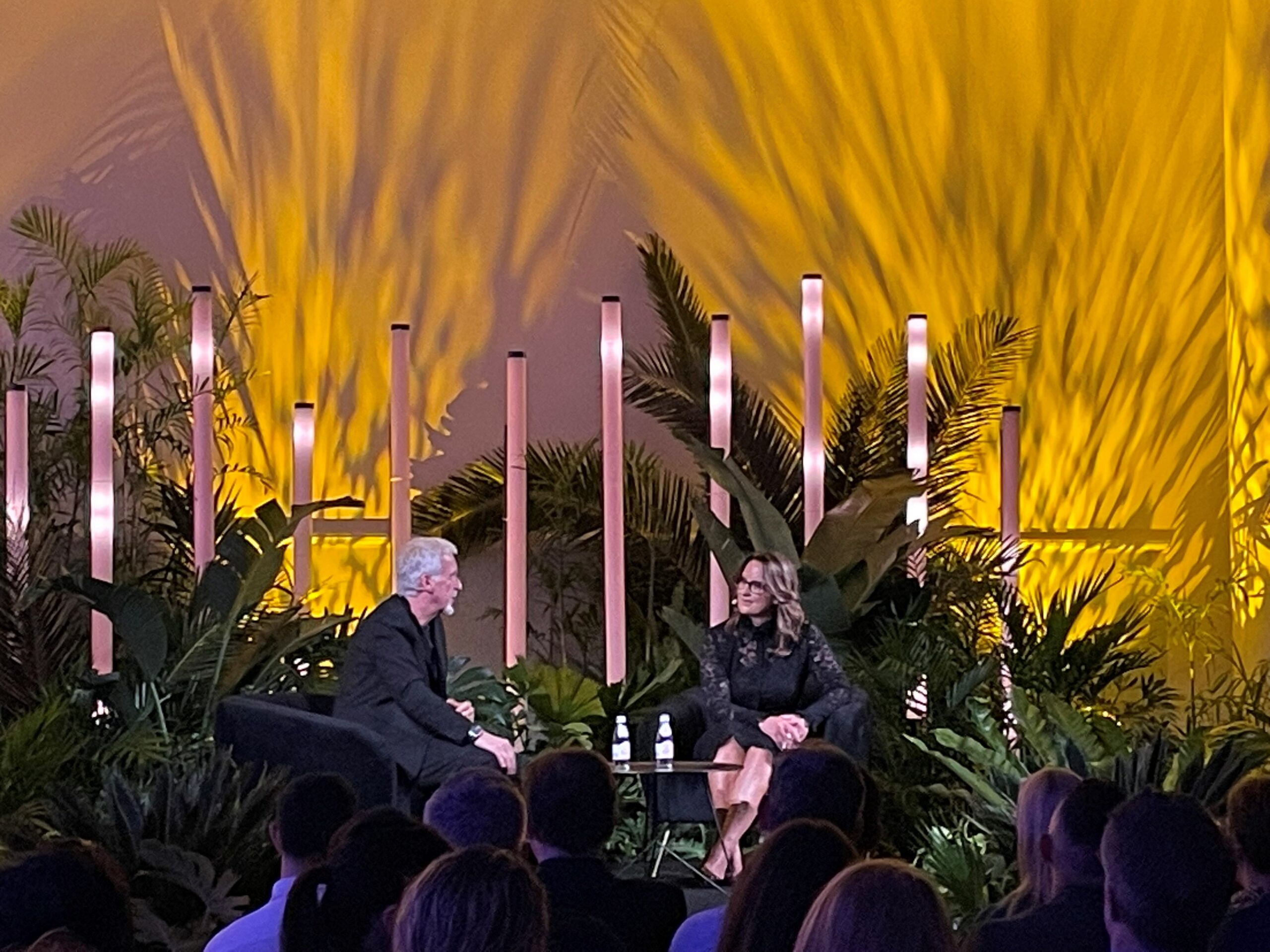“Listen with new ears, see with new eyes…”
This was the challenge laid down by global workforce futurist Gary A. Bolles (Chair for the Future of Work at Singularity University and author) at our Maximus International Next Gen Immersions in Sydney and Melbourne.
Why ‘Next Gen’?
In a world marked by constant change, the interplay between generations is becoming a critical driver for leadership succession and continuity. The synergy between experienced leaders who have weathered numerous storms and younger leaders brimming with fresh ideas will become the catalyst for future success.
There is incredible power to be unlocked through intergenerational leadership; and these events brought together thought leaders, panellists and a cohort of Gen Zs dialled in from all over the globe to serve as a masterclass in how the future of leadership is evolving.
Our top takeaways.
While it’s difficult to summarise the depth and breadth of all of the insights from our incredible panellists; we’ve tried to capture some of their transformative wisdom below:
EXPONENTIAL CHANGE
The ‘next normal’ is not a distant future; it’s here, demanding a comprehensive understanding of the new generation’s characteristics. This dynamic cohort is driven by purpose, community and connection. To navigate the waves of change, one must dive into the depths of these motivations, acknowledging that traditional strategies may no longer suffice. Adapting to the evolving landscape requires an intimate understanding of what propels the leaders of tomorrow.
RETHINK LABELS
In a world steeped in generational stereotypes, it’s imperative to question the utility of the labels we affix. Are these generational classifications truly useful, or do they merely confine us within artificial boxes? Embracing a mindset that transcends preconceived notions fosters collaboration across generations, allowing us to break free from limiting stereotypes and leverage the diverse strengths each individual brings to the table.
NEW RULES FOR WORK
The archaic ‘CEO ladder’ has crumbled, making way for a new era in which the next generation seeks alternative pathways. A portfolio of work and a commitment to lifelong learning now define success. The rigid structures of the past have been replaced by a dynamic landscape where continuous growth, exploration and adaptability reign supreme.
PIVOT YOUR APPROACH
Leadership is not about asserting authority from the top; it’s about empowerment and guidance. A successful leader judges their effectiveness by the number of problems that never reach their desk. Embracing a guiding role fosters a culture of problem-solving at all levels, empowering individuals to take ownership and contribute to collective success.
MENTORSHIP IS THE GLUE
The time is ripe for the development of a multigenerational contract anchored in mentorship and reverse mentoring. This approach becomes the glue that binds generations, unlocking talent at every level of an organisation. As the exchange of knowledge flows seamlessly between experienced leaders and emerging talents, a robust foundation for continuous growth is established.
IMPACT
Committing to being a catalyst of change transcends individual tenures. Shifting from the confines of ‘best practice’ to the fluidity of ‘next practice’ marks the evolution of impactful leadership. This commitment ensures that change isn’t just a fleeting notion but a sustained force that shapes an organisation’s trajectory for years to come.
CONTEXT MATTERS
In the face of exponential change and experimentation, context becomes paramount. Considering the individual, teams, organisations and society within the current economic context is crucial. Effective leadership necessitates an understanding of how strategies resonate in different contexts, ensuring alignment with the evolving needs of the environment.
THE POWER OF THE MIDDLE
The future of leadership rests on the shoulders of middle managers – the unsung heroes tasked with translating strategy into action. Enabling these pivotal individuals becomes a collective responsibility. Recognising the power of the middle means providing them with the tools, resources and support required to drive effective execution.
“Now is the time to actively empower employees at every level,” urged a cohort of Gen Z panellists led by global futurist Marti Grimminck. To them, a career is something to be enjoyed and they prize working in an inclusive culture – without competitiveness – where the team truly works together to achieve greatness.
“It is time to collectively shape the future, co-create legacies and build a workplace that thrives on connection and collaboration. Lead with responsibility and allow connection to be the fabric that makes everything work,” added Maximus International Founder Vanessa Gavan.
Attendees left encouraged to sense the future; and co-create their response. Unlocking the power of purpose and identity can create a modern workplace culture that bridges generational gaps to leverage diverse strengths and perspectives.
Thank you to those who joined us and contributed to an event that engaged, empowered and inspired.
Find out more about the Maximus Next Gen Leadership offering here: info.maximus.com.au/next-gen-leadership
Read the media’s coverage of our perspective on ‘Next Gen’ leadership:









